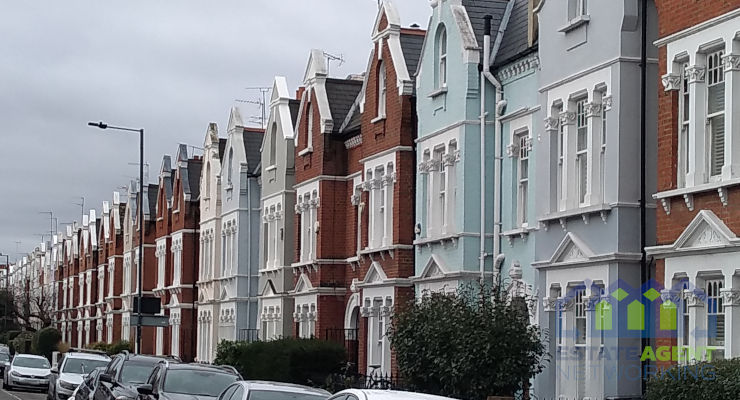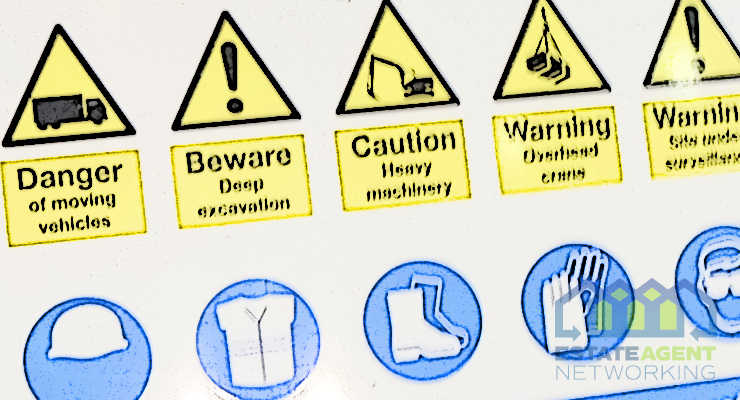Securing Insurance for Properties with Subsidence: What You Need to Know
Subsidence is a significant concern for property owners, particularly those looking to protect their investments with adequate insurance. This structural issue, which occurs when the ground beneath a building shifts or sinks, can cause severe damage to foundations, walls, and other critical components of a property.
For homeowners and buyers, understanding how to secure insurance for a property with subsidence is crucial to ensuring financial stability and peace of mind. If you’re navigating the complexities of Buying and Selling Property with Subsidence, you may encounter unique challenges when obtaining insurance coverage. Here’s what you need to know.
Subsidence and Its Insurance Liability
Settlements may occur due to alterations in the subgrade support of a parcel of land. Loose clay soils contracting at some point, such as tree roots drawing water from the ground or even a leaking water pipe, can lead to this situation. Subsidence can lead to minor cracks in the walls or cause structural problems that may warrant significant fixes. This makes getting insurance for such properties even more challenging than getting the usual insurance policies for houses that do not have this problem.
The properties that have subsidence are usually categorized as risky and hence attract higher premiums and more stringent policy terms. In addition, many insurance companies do not provide subsidence insurance or only when a house has previously had significant claims. This puts more burden on property owners to provide reports, including structural reports and reports of repairs that have been done to show that the risk can be managed.
Challenges in Securing Insurance
The most critical factor when getting insurance for properties affected by subsidence is explaining to the insurer that the problem has been solved. Most insurers may reject it as much as they are ready to assume the risks of future claims will be high. However, when available, it is frequently accompanied by exclusions or conditions that confine the type of risks covered, such as excluding new subsidence-related damages.
Furthermore, properties that have not been able to determine the possibility of subsidence can also lead to low resale value and high risk in property purchase. Potential home buyers could also be discouraged by high insurance premiums while homeowners continue to find their renewal premiums rising yearly. In both cases, it is a time-bound challenge to search for an insurer willing to offer the policy to a property with a subsidence history.
How to Secure Insurance for a Property with Subsidence
The first and foremost requirement, which must be fulfilled to get insurance for a building with subsidence, is to determine the extent of the problem and get professional opinions on that. Structural engineers can explain subsidence matters in detail regarding the causes, the importance of subsidence, and the remedies. Insurers will likely consider coverage if repairs have been done to show that the problem cannot recur again.
It is also essential to deal with insurers who provide policies for high-risk properties or those with subsidence clauses. Companies can assess such risks more adequately and offer extensive insurance at reasonable costs. It has been established that policyholders should read terms and exclusions and ensure they know what is covered.
The other is the frequency of property maintenance to avoid future subsidence cases. Insurance companies prefer homeowners who prevent the occurrence of factors that may lead to a claim; for instance, the homeowner may cut large trees close to the house or fix a leak. It also means that proving that the client has been trying to minimize risk is beneficial when bargaining for better policy conditions and affordable premiums.
Conclusion
It cannot be questioned that getting insurance for a property with subsidence is undoubtedly tricky, but it is not impossible. This way, homeowners can prevent subsidence and get professional assessments to protect their investments.
Although the premiums and conditions may be more burdensome to meet, it is crucial to have a good policy to help minimize any possible losses in case of an accident. Thus, regardless of whether you have subsidence problems today or will buy a house with such problems, the insurance issue is one of the steps toward protecting your property.









